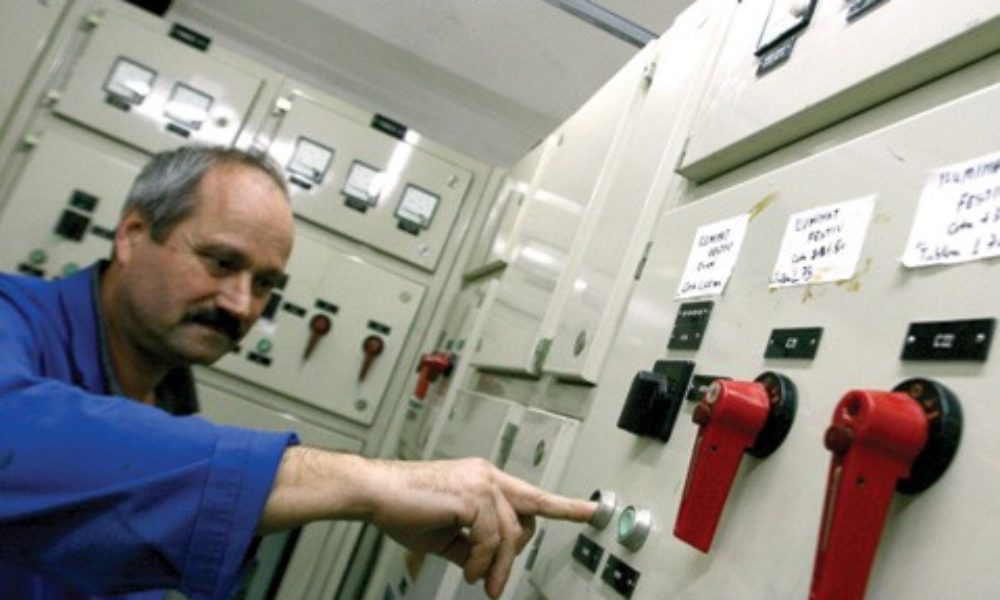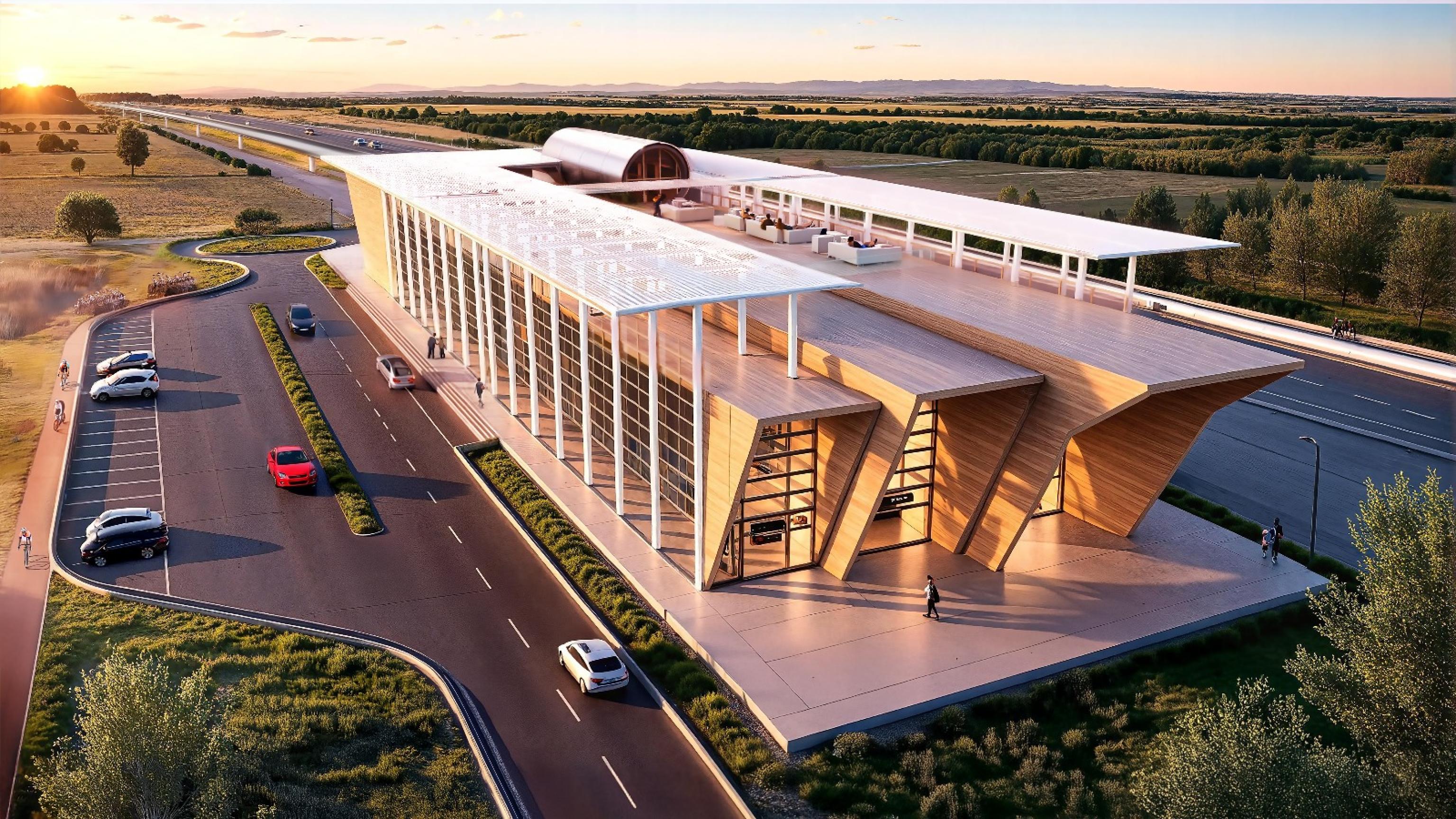A new study of the end of our galaxy

The Milky Way could, however, avoid an Andromeda collision over a few billion years, according to new simulations published Monday, which thus gives our galaxy 50% of avoiding such a shock.
The Milky Way and the huge Andromeda galaxy goes to each other with 100 kilometers per second and scientists have long estimated that the two galaxies should collide over about 4.5 billion years. This scenario does not bring anything good for our region in the Universe.
Previous research has suggested that the Sun – and Earth – could reach the center of that future merged galaxies and are aspirated by a supermasive black hole. Or, on the contrary, the sun could be expelled to the intergalactic vacuum.
But ‘statements about the imminent end of our galaxy seem to be extremely exaggerated,’ says the authors of a new study, published Monday in Nature Astronomy.
According to the International Astrophysician team who participated in the study, the probability of a collision between the two galaxies would be about 50% over the next 10 billion years.
« Essentially, it is about the head or Pajură, » said Till Sawala, a researcher at Helsinki University and the main author of the study.
Scientists have made over 100,000 computer simulations, using the new data collected by space telescopes.
Open destiny
A frontal collision of the two galaxies over the next 5 billion years is « extremely unlikely, » said Till Sawala.
The scenario most likely would be that the Milky Way and Andromeda will be tangentially at a distance of about 500,000 light years, without entering an immediate collision.
In about half of the simulations, the dark matter would end up attracting them to each other, leading to a cataclystic collision. But this would occur only over 8 billion years, long after the death of our sun.
‘Therefore, our galaxy may end by being destroyed. But it is also possible that the Galaxii Calea Milky and Andromeda will orbit one around the other for tens of billions. We cannot yet say it accurately, « explained Till Sawala.
‘The destiny of our galaxy is still completely open’, the study authors have summarized.
They emphasize that the results do not question the previous calculations, but the fact that they are based on new astronomical observations and take into account the influence of additional galaxies.
New data from Hubble and the Gaia space telescope, which just ended their mission, could allow astrophysicists to achieve a definitive response over 10 years, Till Sawala estimated.
Ultimately, why would people worry about this issue, as the heat increase from the sun will make Earth not be uninhabitable long before the eventual cosmic collision-over about 1 billion years?
‘It is possible to be emotionally attached to what will happen after us. I would prefer that the Milky Way Galaxy does not collide with Andromeda, even if this has absolutely no incidence on my life-nor on that of my great-grandchildren, « added the Finnish researcher








